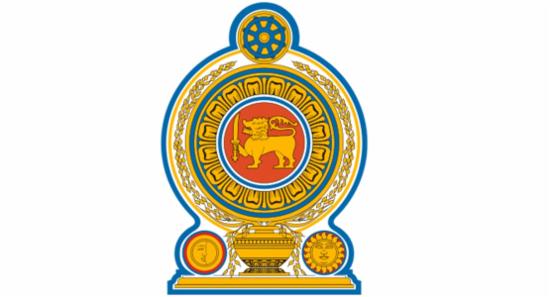.webp)

21st Amendment presented to the Cabinet
COLOMBO (News 1st); The 21st Amendment to the Constitution was presented to the Cabinet of Ministers on Monday (23).
The Cabinet took the decision to distribute copies of the amendment amongst the Parliament Party Leaders for their observations. This will be discussed on Friday (27). Following this, the amendment will be sent back to Cabinet for final approval, said Prime Minister Ranil Wickremesinghe in a video statement.
What is the 21st amendment?
On the 17th of May, Samagi Jana Balawegaya parliamentrian Ranjith Madduma Bandara presented a bill on the 21st amendment to the constitution.
Dr. Wijeyadasa Rajapaksa, who is sitting independently in parliament, had then presented a private member's bill proposing a 22nd amendment.
The parliamentarian said he will table his proposal to the cabinet, as the 21st amendment, in his capacity as the minister of justice.
The amendment primarily aims at reducing the powers of the Executive President.
It also proposes to re-establish the constitutional council and independent commissions that were weakened through the 20th amendment.
Among the members of the constitutional council would be the Prime Minister, Speaker, Opposition Leader and a parliamentarian appointed by the President.
The council will also include;
Two parliamentarians nominated by both the Prime
Minister and Opposition Leader,
A professional nominated by the Sri Lanka Organization of Professionals Association;
A person nominated by Sri Lanka Chamber of Commerce;
And a professor of a State University nominated by the University Grants Commission.
These members would be nominated by the President.
A parliamentarian from a party that is not represented by the Prime Minister or the Opposition Leader will also be included in the council.
The amendment also seeks to re-establish the Elections Commission, Public Service Commission, National Police Commission, Human Rights Commission, Commission to Investigate Allegations of Bribery or Corruption, Finance Commission, Delimitation Commission and the National Procurement Commission.
The President will be allowed to appoint the Chairpersons and members to these commissions based on the recommendations of the constitutional council.
Although some of these commissions are functioning under the 20th amendment, the President has been given the powers to appoint its members.
Under the new amendment, the Chief Justice, Supreme Court judges, members of the Judicial Service Commission, Attorney General, Auditor General, Inspector General of Police, central bank governor, the Parliamentary Commissioner for Administration, and the Secretary-General of Parliament can be appointed by the President, only with the approval of the constitutional council.
These appointments will have to be made within 14 days.
According to the new amendment, cabinet, non-cabinet and state ministers should be appointed based on the advice of the Prime Minister.
A foreign citizen or a dual citizen will be barred from becoming a parliamentarian once the amendment is passed.
The constitutional amendment will apply to the President and Prime Minister from the first day of its implementation.
Other Articles
Featured News





.png )



-797569_550x300.jpg)
-797563_550x300.jpg)
-797557_550x300.jpg)




-797273_550x300.jpg)



















.gif)